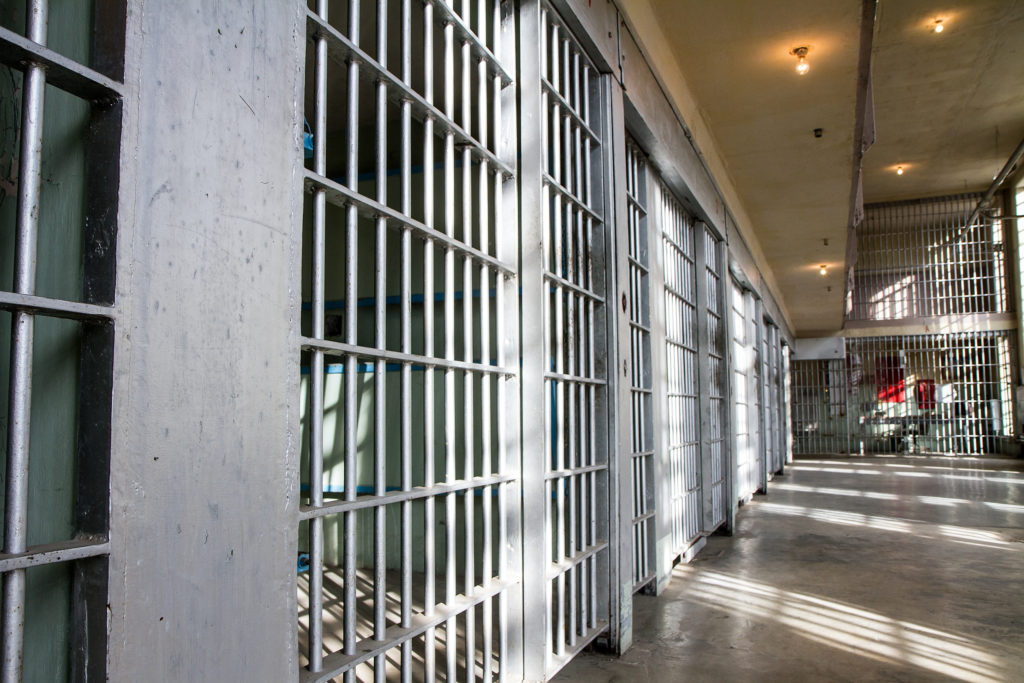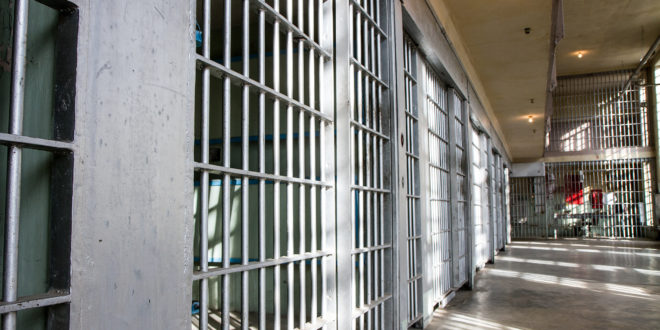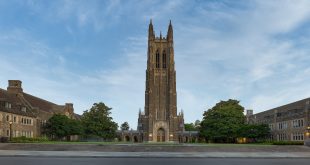While many of us worried about the coronavirus impact, few of us worried about inmates. As the coronavirus surged, California prison factories continued to work inmates, for pennies.
The Los Angeles Times reported that although much of the state shut down, inmate Robbie Hall and others worked 12 hours a day, sewing masks at the California Institution for Women in Chino, masks that they were prohibited from wearing. The incarcerated seamstress became worried over the fact that the fabric they received to produce the masks came from a nearby men’s prison that had an outbreak that killed 23 inmates.
According to the publication, the boss of the sewing factory frequented both prisons. “Are we safe with her going over there and coming back here?” Hall remembered asking her co-workers as they sewed.
That’s when their fears became reality. In May, four inmates became sick. Hall was one of the four and spent weeks in the hospital fighting to breathe.
This appears to be a case of capital gain overtaking morale. California’s prison system took drastic measures to stop the spread of the virus: they shut down rehab programs, religious services, and educational classes, somehow overlooking the operation branches that remained running much of the last six months.
Hall and thousands of other inmates stayed in their incarcerated positions, despite the high risk linked to the pandemic. Inmates’ wages were between .08 cents to $1 an hour. These duties consisted of cooking food, walking from cell to cell to deliver meals, and cleaning communal showers and COVID-19 units within the prison hospitals. And like Hall, some were employed to make products like masks (which again were forbidden among inmates), hand sanitizer, and furniture. These products were, in return, sold to state agencies for millions of dollars.
Cases increased while productions were still going. The LA paper found in their investigation of over 30 inmates at the women’s prison in Chino and at Avenal State Prison for men that the factories conjugated inmates who were housed in different units; this alone elevated the risk of COVID-19 spreading to other areas within the prisons.
Inmates were coerced to work by supervisors who told them they would lose their jobs if they missed one day of work. They emphasized to inmates that this was their only source of income, and some inmates accused supervisors of threatening disciplinary actions that could influence their chances of being released from prison if the refused to continue working due to coronavirus fears.
Inmates at the prison location allege that supervisors raised the daily demands from 2,000 to 3,000 to 3,500 masks; this was seven days a week.
It was “like a slave factory,” Hall said. “The more you give them, the more they want.”
The newspaper reached out to the heads of state agencies who are responsible for prison conditions but were connected to representatives on their behalf.
Michele Kane, the spokeswoman for the California Prison Industry Authority that monitors factories, released a statement claiming that “essential critical enterprises” such as food, laundry, and the manufacture of masks and hand sanitizer were in full swing amid the pandemic. As for furniture production, it was made “when deemed safe,” The representative declined to say what other factories remained open.
Kane says there was a reduction in inmate staffing at factories, they also applied social distancing measures and chose to reopen or close operations after consulting with the corrections department and court-appointed federal receiver who managed healthcare inside the prisons.
Dana Simas spoke for the California Department of Corrections and Rehabilitation, saying that the agency adheres to isolation and quarantine guidelines approved by the federal receiver. It has also taken “extraordinary measures to address COVID-19” in prisons by giving staff and inmates protective equipment.
This is where conflict arises: inmate testimonies say otherwise and highlight issues on meager wages, inadequate infection control, and the threat of more prison time if inmates refused to work.
Depending on whose theory you side with, prison labor is either seen as a practice that helps reduce incarceration costs, provides job skills, and reduces recidivism rates OR as an exploitative, deep injustice similar to the historical legacy of slavery.
“It is a bureaucratic decision to keep people working for pennies an hour during a pandemic,” said Kate Chatfield, director of policy at the Justice Collaborative, a national organization that advocates for criminal justice reform. “This should appall everyone who wants to live in a civilized society.”
The California Prison Industry Authority is a California agency that manages around 7,000 inmates across that state. According to a recent audit of finances, its production of fabric brings in $23.7 million in revenues last year, furniture followed behind at $16.9 million.
Incarcerated workers in California and many other states are not classified as employees. They don’t get unemployment, sick leave, or paid time off. They are paid on a scale set by state law, with many jobs paying 8 cents an hour and the CALPIA jobs paying more — from 35 cents to $1 an hour.
Still, with these noted issues, some women who sewed masks said it gave them a sense of importance to help save lives.

 Baller Alert Entertainment & Lifestyle
Baller Alert Entertainment & Lifestyle




